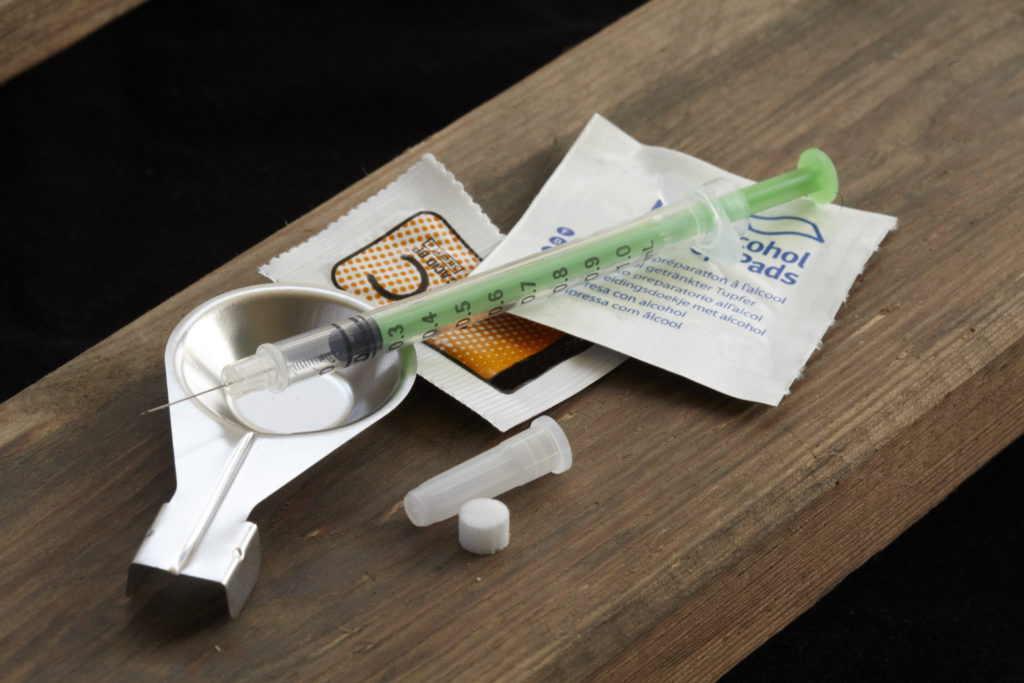
“It is hard to see how the Welsh Government can deliver the aims of the Well-Being of Future Generations Act (Wales) 2015 without a new approach to illegal drugs. Drug related deaths in Wales (and across the UK) have been at record levels for four years and Wales’ death-rate is worse than the UK average.
“We need a realistic and pioneering method of supporting people with substance misuse issues, because the current legislation is clearly not working.
“The Wallich operates a harm reduction approach in the majority of our projects. Some are abstinence based, but most are able to offer clean, injecting related paraphernalia and safe disposal options within the boundaries of the law.
“Throughout the sector, ‘zero tolerance’ projects may seek to prohibit drug use on their premises, the reality is that drug use may well occur – in secret and, in all likelihood, less safely.
“In our experience, in projects where residents feel confident in talking to staff, and staff members themselves are aware of what may be occurring on their premises and are trained to recognise and respond to emergencies such as drugs overdoses, incidents of this kind are more likely to be responded to effectively, safely and with better outcomes.
“However, this approach only works for those who have engaged with services and taken up an offer of accommodation. The ‘chaotic’ and often dangerous nature of rough sleeping and street-based lifestyles denies many people the opportunity to address problematic drug use.
“We know Welsh Government are supportive of a new approach. A recent debate on whether substance misuse should be treated as a health issue, rather than a criminal justice issue got widespread support with 36 AMs voting for and only nine against. The Wallich also fully supports this approach.
“What The Wallich would like to see is a trial of safer injecting facilities here in Wales.
“There is a clear public health benefit to this approach and a whole landslide of evidence from across Europe showing that this is an effective tool for reducing harm both for individuals engaged in drug use, in addition to the wider community through safer disposal of drug related litter.”